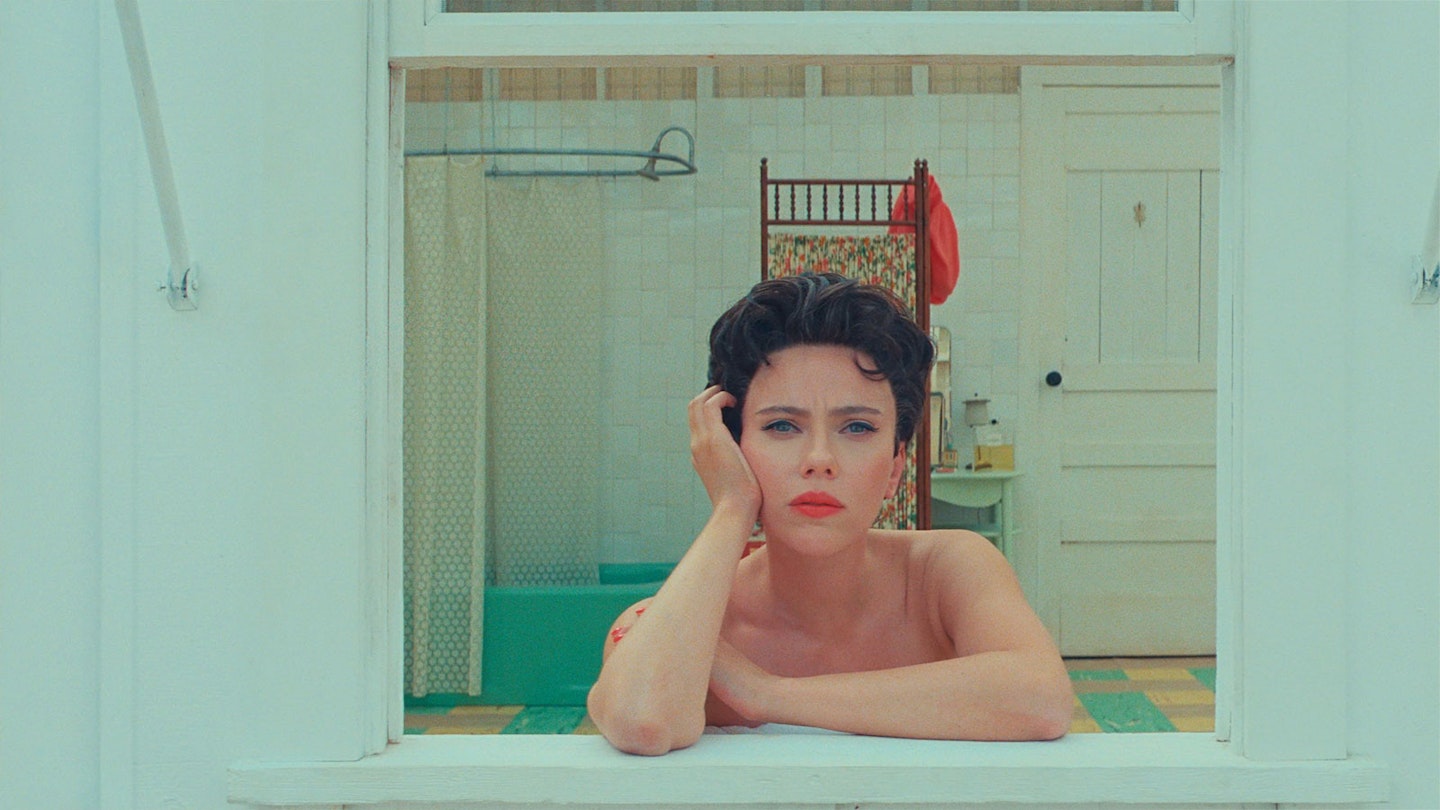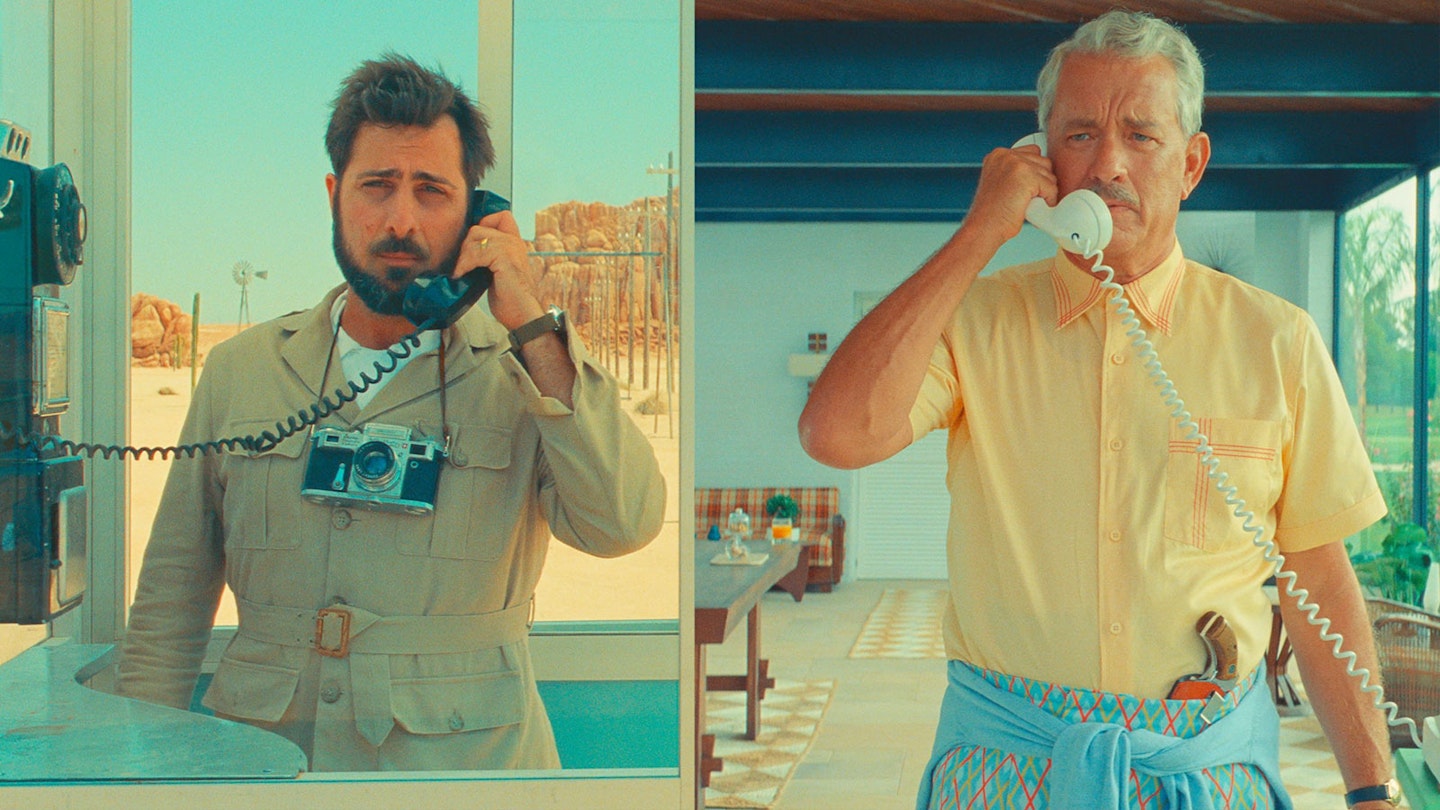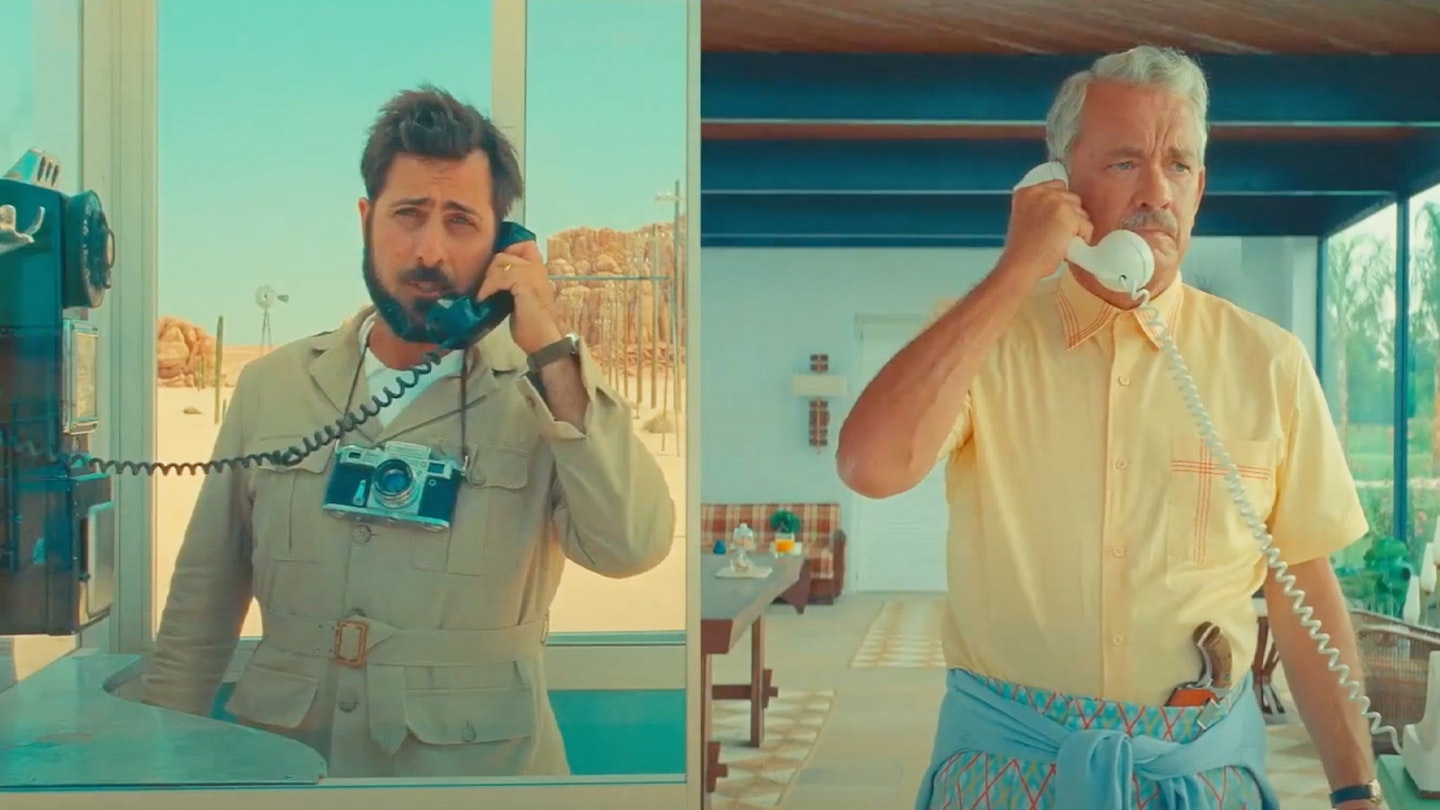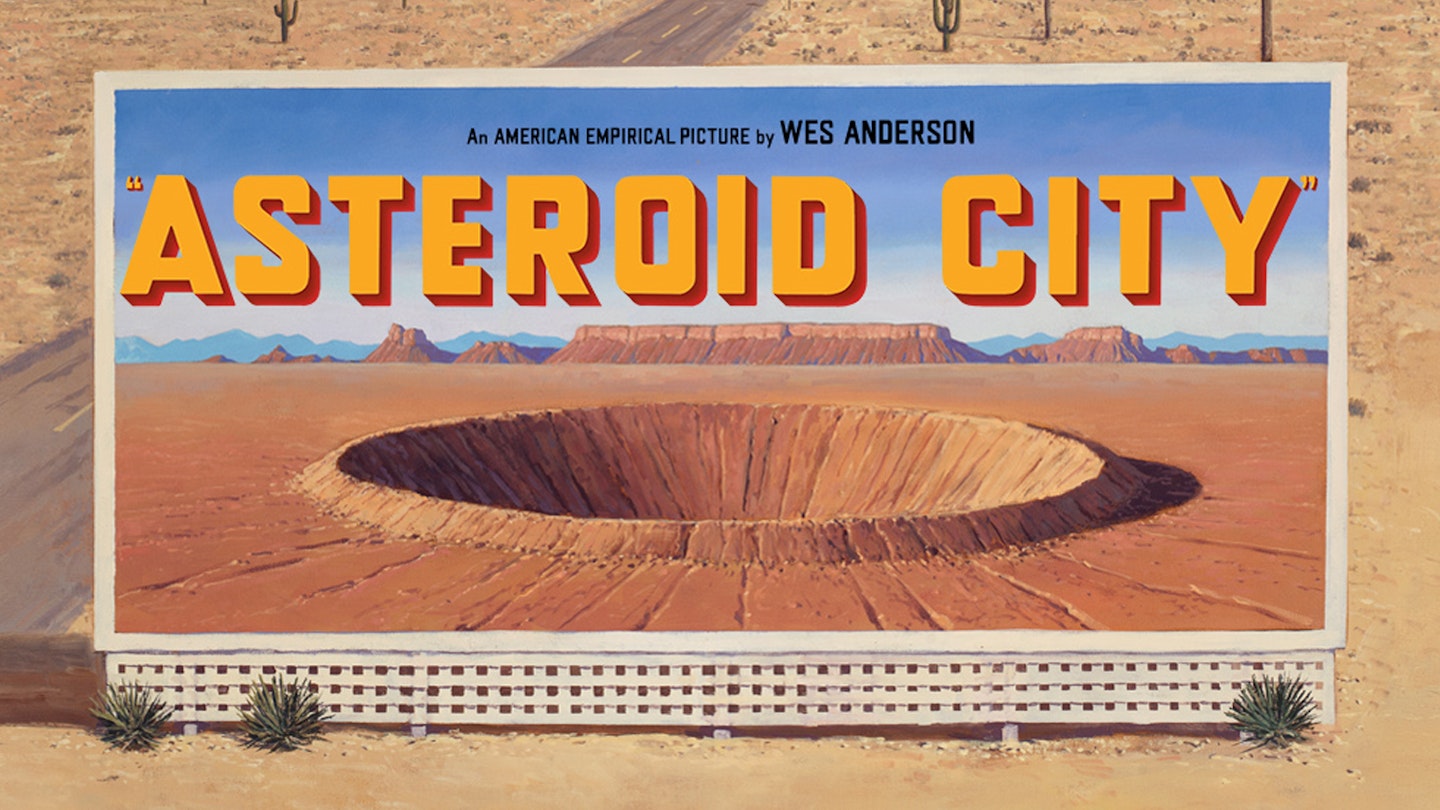Yes, Wes Anderson has — as the jibe goes — made his film again. For some, that’s seen as a negative: that somehow the whimsical Texan auteur is simply a one-trick pony. Certainly, few filmmakers have visual hallmarks so culturally ingrained that they could spark a TikTok trend. But Asteroid City, his 11th feature, proves that making your film again is no bad thing when said film is always beautifully, painstakingly, lovingly crafted to within an inch of its life. (You’d never criticise Picasso for making yet another cube-y painting.) It also demonstrates that Anderson still has the capacity to surprise.

Perhaps most surprising is that it’s never entirely clear what is real, and what isn’t. As with The Royal Tenenbaums or The Grand Budapest Hotel, Asteroid City has a meta framing device, an in-universe piece of fiction driving the action: a 1950s black-and-white television broadcast of “a new play created for the American stage” presented by Bryan Cranston’s Rod Serling-esque ‘Host’. The main story we are watching — of a sleepy 1950s desert town which plays host to a meteorite crater, and later alien life — is told in parallel with a behind-the-scenes theatrical drama about that desert town. Admittedly this can be, at least until the bow-tie ending, a little more confounding than compelling, but that’s only because the primary story is, to its core, Vintage Wes.
Anderson’s fondest, most familiar themes return here: family, fatherhood, grief, love.
From minute one, the retro setting proves ripe for his artistic sensibilities, all sunblushed, saturated hues, sharp costuming, and handsome, hyperreal production design (the town looks like a kind of papier-mâché Monument Valley). He remains cinema’s most astonishing stylist, the rigour and detail in every frame never better. Wherever you care to look, his visual wit is all there, too, from the “Intermission (optional)” title card that pops up halfway through, to the highway-to-nowhere built due to “route calculation error”. Even Anderson’s camera moves are funny. (Look out for one very droll extraterrestrial cameo swoop past the lens.)
But if you let him in, the director still wants you to care for these people, to find some attachment in his detached approach. Anderson’s fondest, most familiar themes return here: family, fatherhood, grief, love. In yet another stacked, starry cast, the focus is mainly on Jason Schwartzman’s Augie Steenbeck; his Max-from-Rushmore-esque son, Woodrow (Eighth Grade’s Gabe); Augie’s father-in-law Stanley (Anderson newcomer Tom Hanks); and movie star Midge Campbell (Scarlett Johansson), all dealing with heartbreak in their own ways. When Stanley says, “I never really loved you,” to his son-in-law, there’s real pathos there, even if the performance is carefully hemmed in by Andersonian restraint.
As with his last effort, the brilliant-but-exhausting The French Dispatch, Asteroid City still might prove too much for Ander-sceptics. It is occasionally a bit unfocused, and always a bit indulgent. If you don’t like The Wes Anderson Film, you won’t like this. But we others must hope he keeps making it.



